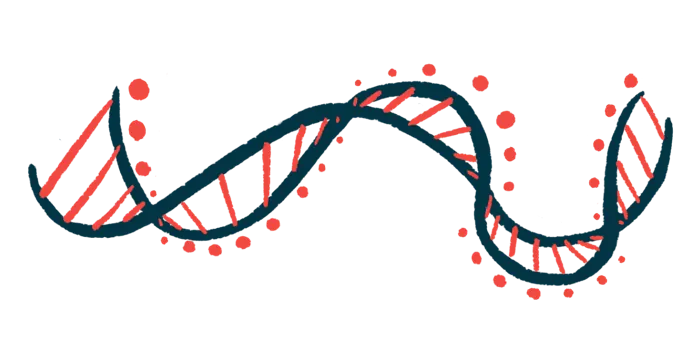
Doctors Conflicted: The Need for Confidence in Genetic Testing for HAE
2025-04-29
Author: Arjun
The Growing Interest in HAE Genetic Testing
A new study reveals a striking situation among allergist-immunologists treating hereditary angioedema (HAE): they recognize the potential value of genetic testing for unusual cases, yet many report feeling underprepared to utilize this tool effectively. Researchers highlight the tension between interest and confidence, stating, "Health care providers see genetic testing as useful during HAE diagnostics, but many are uncertain about how to order and interpret the results."
Understanding HAE: The Genetics Behind the Swelling
Hereditary angioedema primarily manifests in two forms, type 1 and type 2, both linked to mutations in the SERPING1 gene. These mutations lead to reduced activity of the C1 esterase inhibitor protein (C1-INH), resulting in elevated levels of bradykinin, a molecule that triggers unwanted swelling by leaking fluid from blood vessels.
While the standard approach to diagnosing HAE involves checking C1-INH levels, some challenging cases—known as type 3—do not show mutations in the SERPING1 gene and may have normal C1-INH activity. In these scenarios, genetic testing becomes crucial for confirmation.
Educational Gaps and the Need for Training
Many allergist-immunologists express a lack of practical knowledge regarding genetic tests. "These gaps in training can be tackled through continued education and consultations with genetic specialists," the researchers assert.
Survey Reveals Provider Concerns
To gauge provider sentiment, researchers surveyed 54 allergist-immunologists managing HAE patients. Astonishingly, 92.7% indicated they believe genetic testing is "probably or definitely helpful" for diagnosing HAE, and 77.8% typically look to it in inconclusive cases of recurring angioedema.
Confidence Issues in Ordering Tests
Despite their recognition of the testing's importance, confidence levels are disheartening. Only 30% felt highly confident in ordering tests, while just 15% were extremely confident in interpreting the results. Many expressed moderate to low comfort levels.
Barriers to Accessing Genetic Testing
Cost concerns and insurance uncertainties top the list of barriers that impede testing. Additionally, some clinics lack genetic counselors to assist with result interpretation, leading to further hesitation in ordering the tests.
Path Forward: Enhancing Confidence through Collaboration
Researchers argue that identifying these challenges is pivotal for empowering physicians in genetic testing. They advocate for improved educational programs for healthcare providers and more accessible testing options. Furthermore, integrating genetic counselors into allergist practices could bolster support for managing HAE.
Strengthening ties between geneticists and allergist-immunologists can facilitate crucial cascade testing following the identification of harmful familial variants associated with HAE, ensuring better patient outcomes. The call for collaboration between specialties is clear, as combined expertise is essential for advancing HAE diagnostics.



 Brasil (PT)
Brasil (PT)
 Canada (EN)
Canada (EN)
 Chile (ES)
Chile (ES)
 Česko (CS)
Česko (CS)
 대한민국 (KO)
대한민국 (KO)
 España (ES)
España (ES)
 France (FR)
France (FR)
 Hong Kong (EN)
Hong Kong (EN)
 Italia (IT)
Italia (IT)
 日本 (JA)
日本 (JA)
 Magyarország (HU)
Magyarország (HU)
 Norge (NO)
Norge (NO)
 Polska (PL)
Polska (PL)
 Schweiz (DE)
Schweiz (DE)
 Singapore (EN)
Singapore (EN)
 Sverige (SV)
Sverige (SV)
 Suomi (FI)
Suomi (FI)
 Türkiye (TR)
Türkiye (TR)
 الإمارات العربية المتحدة (AR)
الإمارات العربية المتحدة (AR)